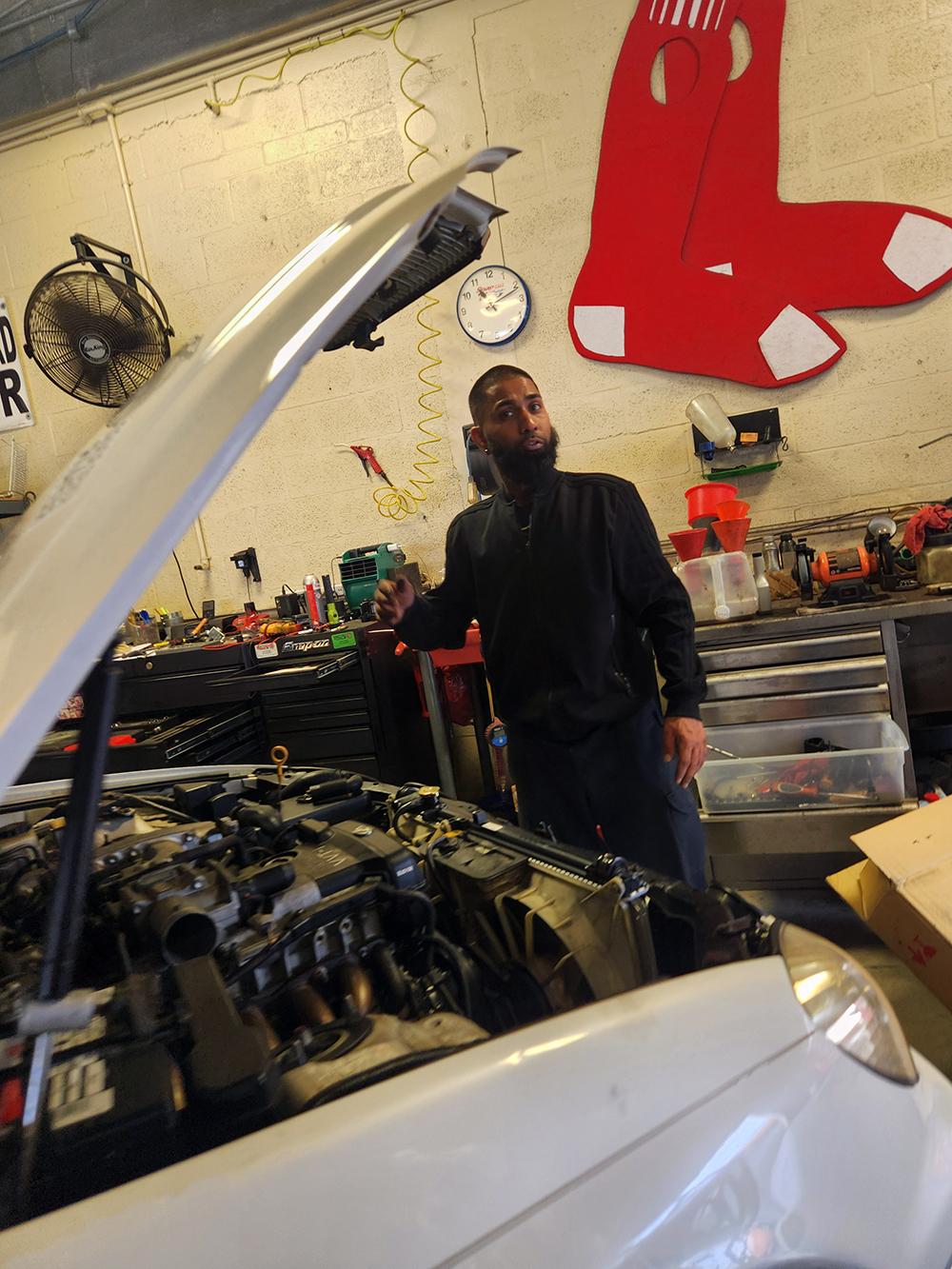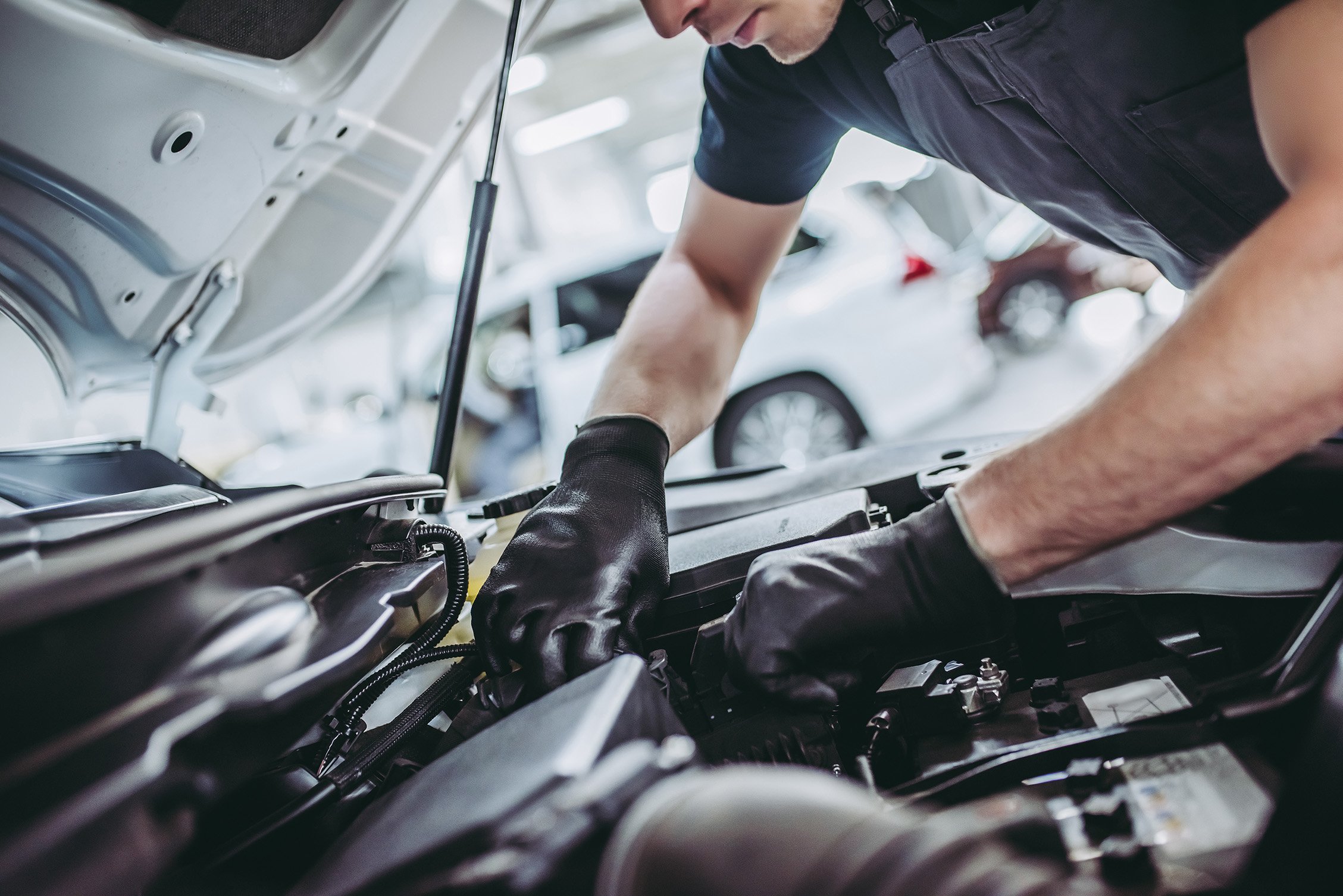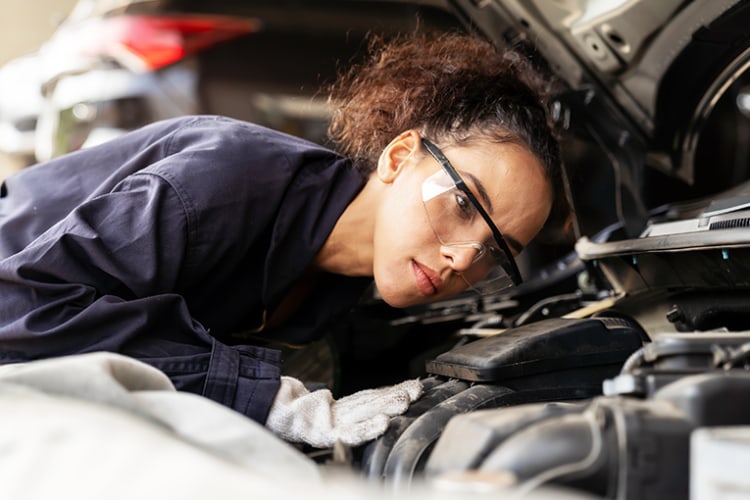All Categories
Featured
When your automobile overheats, it can seem like a major emergency situation, yet remaining tranquil and adhering to the right actions can protect against severe engine damage and assistance obtain you back when traveling securely. In this article, we'll discover what to do if your cars and truck overheats and supply preventative tips to decrease the threat of overheating in the future.
If Your Cars and truck Overheats,What to Do. Draw Over to a Safe Place The very first and crucial action if your automobile begins to get too hot is to pull over to a risk-free spot immediately. Activate your threat lights and lead your automobile to the shoulder or into a parking area. Keeping your car running while it's overheated can cause severe damages to the engine, so it's crucial to shut the engine off today.
Let the Engine Cool Once you have actually safely stopped, enable the engine to cool down. You must never ever attempt to open up the radiator cap while the engine is still warm, as the release of vapor or hot coolant can trigger burns. Wait at the very least 15-20 mins to permit the engine temperature to drop to a more secure degree prior to continuing.
![]()
Check the Coolant Level After the engine has cooled down, check the coolant levels by inspecting the tank or radiator. Leading it off with a combination of coolant and water (as specified by your car's manufacturer) if it's low. Constantly make use of care when opening up the coolant tank, as stress might have accumulated.
Look for Noticeable Leaks While you wait on the engine to cool, aesthetically check the radiator, pipes, and coolant reservoir for any kind of noticeable leakages or splits. A leaking radiator or pipe is a common root cause of overheating. It's much better to call a tow service than danger driving even more and creating added damage. if you discover a significant leakage.
Reboot the Engine After enabling the engine to cool down and ensuring the coolant is completed, start the engine and check the temperature level gauge. If the temperature proceeds to rise rapidly, it's best to close the engine off and require roadside help or a tow to the nearby technician.
![]()
Exactly How to Avoid Overheating in the Future. Frequently Examine Coolant Levels Among the simplest methods to avoid getting too hot is by keeping the ideal degree of coolant. With time, coolant can vaporize, so regularly examine the coolant degrees in the storage tank. Low coolant levels can trigger the engine to get too hot rapidly, so top it off as needed.
Evaluate the Radiator The radiator plays an important duty in keeping the engine cool. Regularly check the radiator for any obstructions, dust, or debris that can obstruct air movement. If you discover any indications of damages, such as rust or leaks, have it repaired or changed immediately.
The thermostat regulates the circulation of coolant, while the water pump circulates it via the engine. If either component is defective, it can protect against appropriate air conditioning.
Flush the Cooling System In time, coolant can break down and become ineffective, creating a build-up of debris in the system. Flushing the cooling system every 30,000 miles, or as advised in your car's handbook, helps to eliminate any type of sludge or buildup and ensures the cooling system is operating correctly.
Screen the Problem of the Tubes The hose pipes in your lorry's cooling system can break or fracture in time. Check the hoses for any signs of wear, such as protruding, fractures, or leaks, and replace them if required. Preventing coolant leakages can go a lengthy means in staying clear of getting too hot.
![]()
Drive Sensibly Hostile driving, such as speeding up quickly or driving at broadband, places additional pressure on your engine and its cooling system. Try to drive at modest rates, particularly on hot days or when driving on steep slopes, to decrease the chances of getting too hot.
Avoid Overloading Your Vehicle Bring too much weight in your car puts stress on the engine and cooling system. Constantly bear in mind your car's weight limit, particularly if you're transporting heavy tons, hauling a trailer, or driving cross countries in heat.
Conclusion. An overheating automobile can be a frightening experience, however knowing how to respond and stop it can conserve you time, money, and potential engine damages. Always examine your coolant levels, check crucial components like the radiator, thermostat, and hose pipes, and adhere to a normal upkeep timetable. By staying on top of your car's cooling system, you can decrease the risk of getting too hot and appreciate a smoother, more secure driving experience.
If Your Cars and truck Overheats,What to Do. Draw Over to a Safe Place The very first and crucial action if your automobile begins to get too hot is to pull over to a risk-free spot immediately. Activate your threat lights and lead your automobile to the shoulder or into a parking area. Keeping your car running while it's overheated can cause severe damages to the engine, so it's crucial to shut the engine off today.
Let the Engine Cool Once you have actually safely stopped, enable the engine to cool down. You must never ever attempt to open up the radiator cap while the engine is still warm, as the release of vapor or hot coolant can trigger burns. Wait at the very least 15-20 mins to permit the engine temperature to drop to a more secure degree prior to continuing.

Check the Coolant Level After the engine has cooled down, check the coolant levels by inspecting the tank or radiator. Leading it off with a combination of coolant and water (as specified by your car's manufacturer) if it's low. Constantly make use of care when opening up the coolant tank, as stress might have accumulated.
Look for Noticeable Leaks While you wait on the engine to cool, aesthetically check the radiator, pipes, and coolant reservoir for any kind of noticeable leakages or splits. A leaking radiator or pipe is a common root cause of overheating. It's much better to call a tow service than danger driving even more and creating added damage. if you discover a significant leakage.
Reboot the Engine After enabling the engine to cool down and ensuring the coolant is completed, start the engine and check the temperature level gauge. If the temperature proceeds to rise rapidly, it's best to close the engine off and require roadside help or a tow to the nearby technician.

Exactly How to Avoid Overheating in the Future. Frequently Examine Coolant Levels Among the simplest methods to avoid getting too hot is by keeping the ideal degree of coolant. With time, coolant can vaporize, so regularly examine the coolant degrees in the storage tank. Low coolant levels can trigger the engine to get too hot rapidly, so top it off as needed.
Evaluate the Radiator The radiator plays an important duty in keeping the engine cool. Regularly check the radiator for any obstructions, dust, or debris that can obstruct air movement. If you discover any indications of damages, such as rust or leaks, have it repaired or changed immediately.
The thermostat regulates the circulation of coolant, while the water pump circulates it via the engine. If either component is defective, it can protect against appropriate air conditioning.
Flush the Cooling System In time, coolant can break down and become ineffective, creating a build-up of debris in the system. Flushing the cooling system every 30,000 miles, or as advised in your car's handbook, helps to eliminate any type of sludge or buildup and ensures the cooling system is operating correctly.
Screen the Problem of the Tubes The hose pipes in your lorry's cooling system can break or fracture in time. Check the hoses for any signs of wear, such as protruding, fractures, or leaks, and replace them if required. Preventing coolant leakages can go a lengthy means in staying clear of getting too hot.

Drive Sensibly Hostile driving, such as speeding up quickly or driving at broadband, places additional pressure on your engine and its cooling system. Try to drive at modest rates, particularly on hot days or when driving on steep slopes, to decrease the chances of getting too hot.
Avoid Overloading Your Vehicle Bring too much weight in your car puts stress on the engine and cooling system. Constantly bear in mind your car's weight limit, particularly if you're transporting heavy tons, hauling a trailer, or driving cross countries in heat.
Conclusion. An overheating automobile can be a frightening experience, however knowing how to respond and stop it can conserve you time, money, and potential engine damages. Always examine your coolant levels, check crucial components like the radiator, thermostat, and hose pipes, and adhere to a normal upkeep timetable. By staying on top of your car's cooling system, you can decrease the risk of getting too hot and appreciate a smoother, more secure driving experience.
Latest Posts
Epic Celebrations Start at Canyon Crest Event Center.
Published Dec 28, 24
1 min read
Keep Your Bathroom Fitter Unit Looking Beautiful
Published Dec 28, 24
1 min read
Join Us: Featured Events at Canyon Crest
Published Dec 28, 24
2 min read